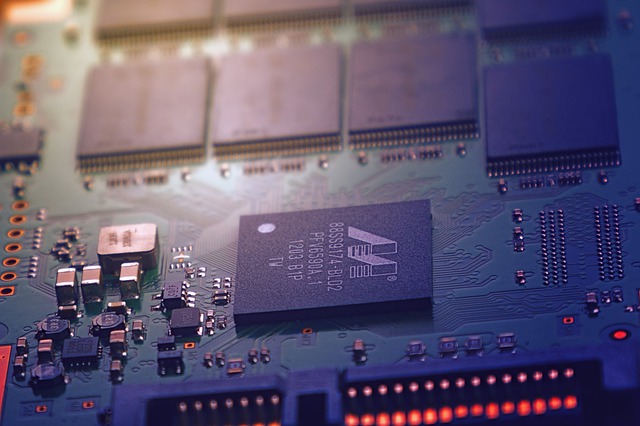This week, Seattle-based startup Xnor unveiled a prototype AI camera that runs entirely off solar power — no battery or external power source required. The camera has a piddling 320 x 320 resolution, an FPGA chip to handle processing, and is loaded with a state of the art object recognition algorithm. You could, theoretically, stick a device like this anywhere outdoors and have it transmit data back to you indefinitely. It’s compatible with a few different low-energy wireless communication protocols which let it send information over tens of kilometers.
Mohammad Rastegari, Xnor’s CTO, is reportedly investigating several use-cases for these devices. There is many use cases I could think of such as large-scale civilian projects, monitoring inside the cabins of autonomous cars, attaching cameras to drones, and etc..
This solar-powered AI camera is not yet ready to sell though. Although it’s entirely self-contained, there are some constraints on its operation. For example, the amount of frames it can process each second depends on how much sun it’s getting. Xnor says that on a sunny day it runs at 32fps, but this can be compensated for with bigger solar cells. What’s clear is that devices like this are only going to become more common in the future. They’re relatively cheap and more convenient for operators. And, as the photos and videos they take never leave the device, they’re potentially more private.
But a question remains: are we comfortable with a world full of AI eyes that are always watching? It’s a problem we’re already grappling with in the context of smart CCTV, and as Xnor’s work shows, the technology is only going to get smaller and more unobtrusive.

Source:
https://www.businesswire.com/news/home/20190213005463/en/Xnor.ai-Unveils-Battery-free-Solar-AI-Technology-Enabling
https://www.businessinsider.com/xnor-solar-cameras-telecom-opportunity-2019-2
What really caught my eye in this post is the question about the “always watching” narrative. I previously covered something similar on this blog. This post had to do with Google “always listening” and a device that keeps your Google Home from constantly listening to you. My point is that everything is already listening to you, and it is probably not the FBI. It’s companies like Google that want to sell you things. These solar powered cameras could be the next step. They can see what you wear and what you do, and figure out even more things to sell you. I feel like years ago I would sound crazy saying this, but it’s becoming more and more accepted.